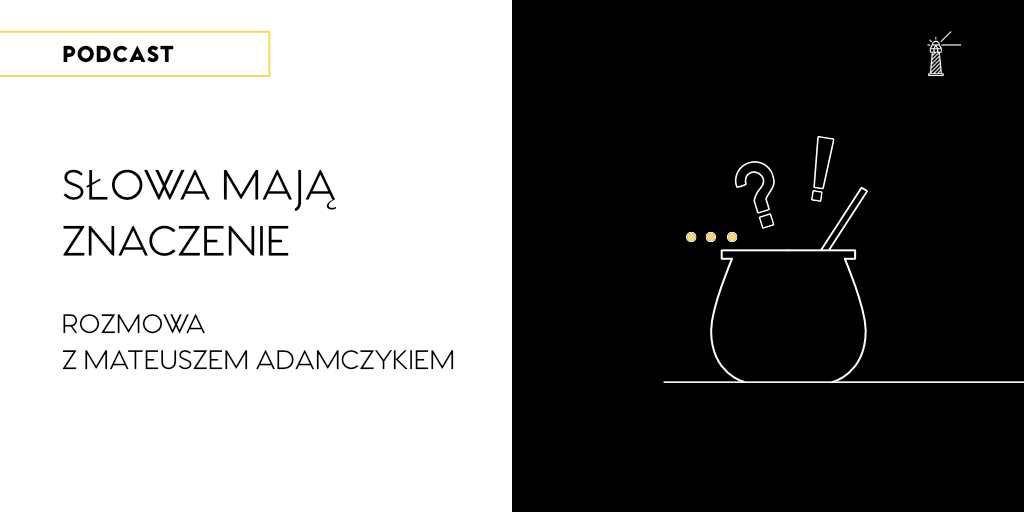

#183 Słowa mają znaczenie – rozmowa z Mateuszem Adamczykiem
Podcast: Play in new window | Download | Embed
Czy ma znaczenie to jak mówisz? Czy słowa, które dobierasz mają znaczenie? Nie wiem, czy zadajcie sobie te pytania. Ja tak. W pewnym momencie zauważyłem, że nie zawsze używam poprawnego języka. No dobra, zwrócono mi uwagę. Od tamtego czasu z jednej strony uczę się poprawniej mówić, a z drugiej zastanawiam się, gdzie jest granica tego, że już jest ok. Co to znaczy “poprawnie”? Jak o tym rozmawiać z młodszymi? Jak odnajdywać się w gąszczu reguł, ale też w zmieniającym się języku? O tym wszystkim rozmawiam z moim gościem, Mateuszem Adamczykiem. Mam nadzieję, że słuchając naszej rozmowy znajdziecie odpowiedzi na niektóre z tych pytań. Miłego słuchania i jak zwykle zapraszam do dyskusji!

